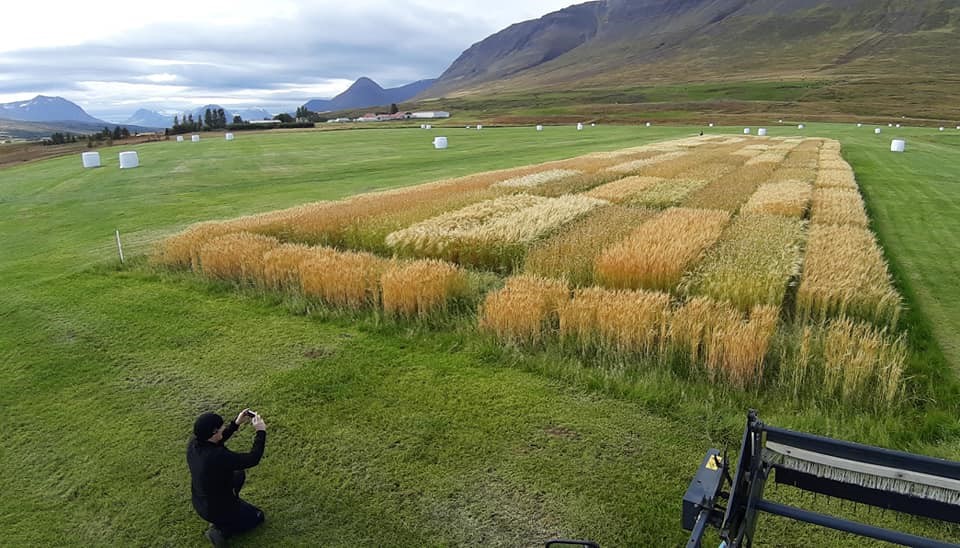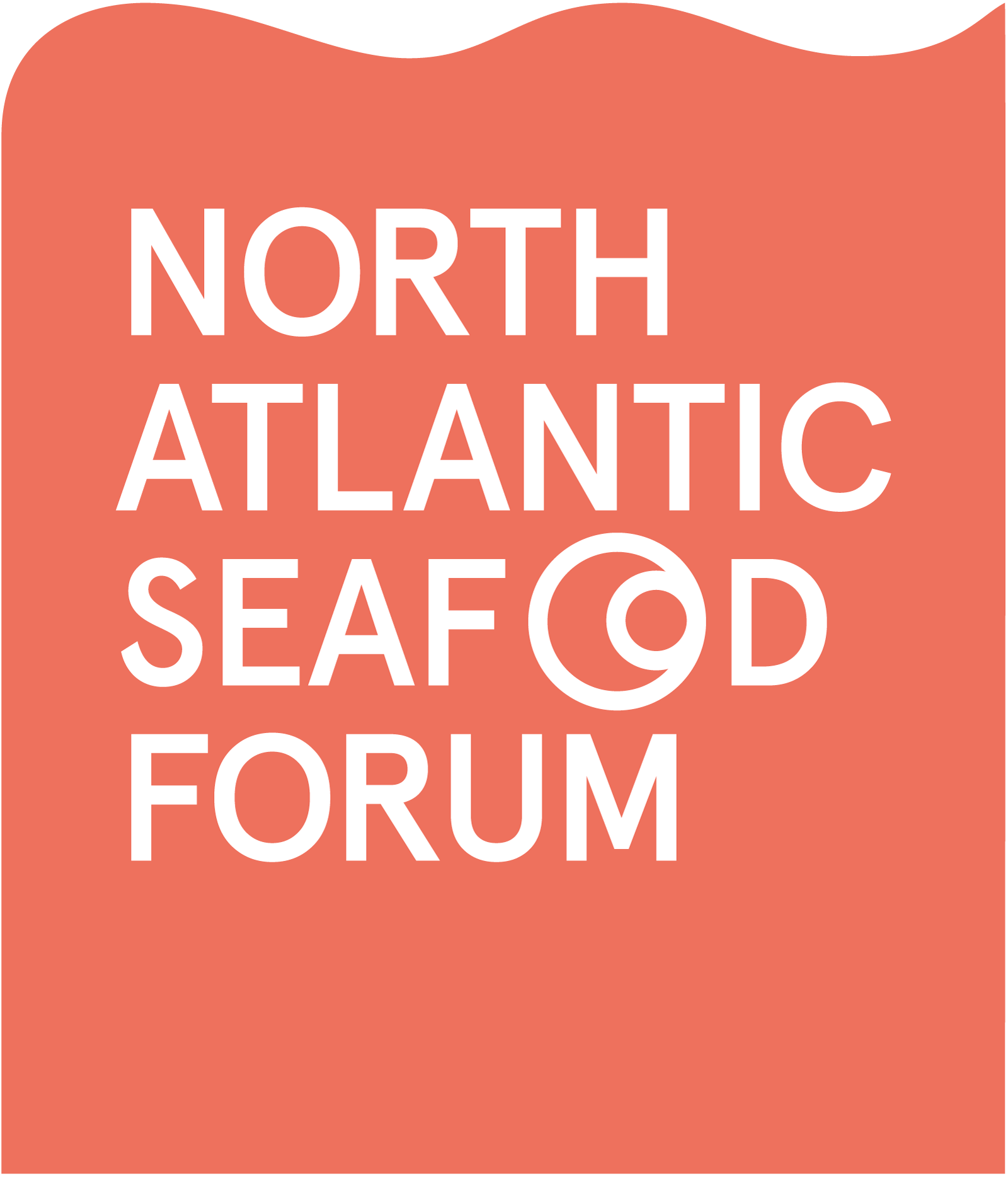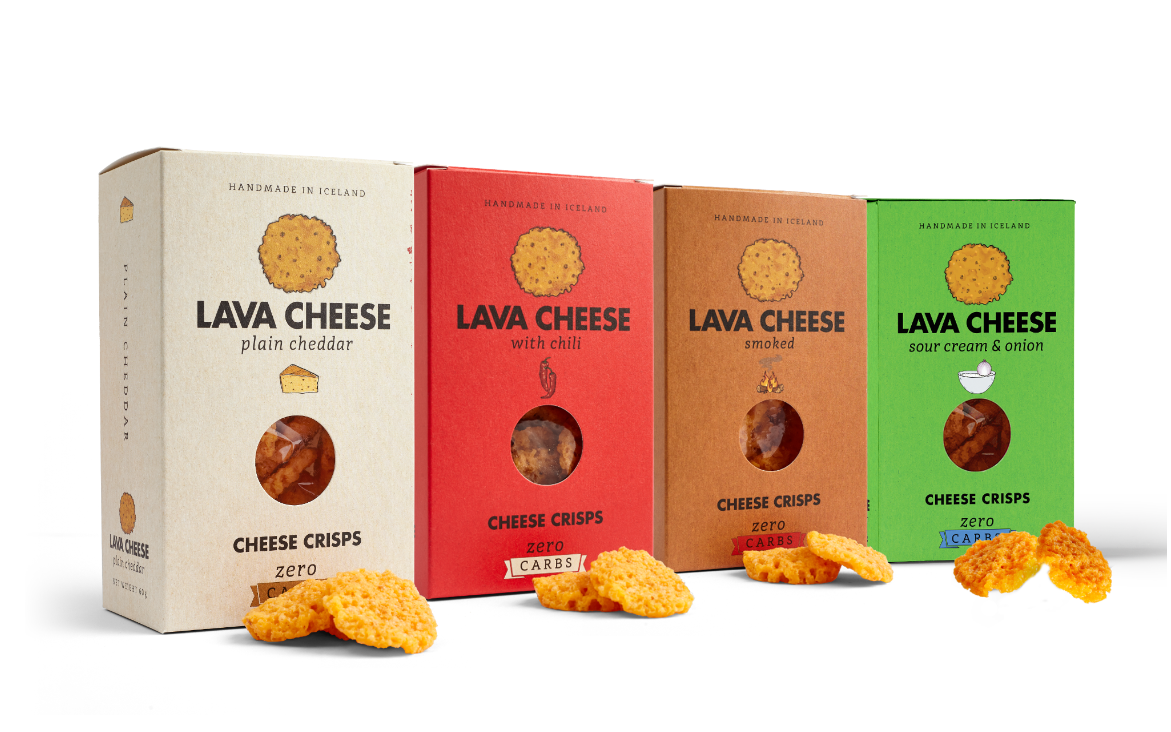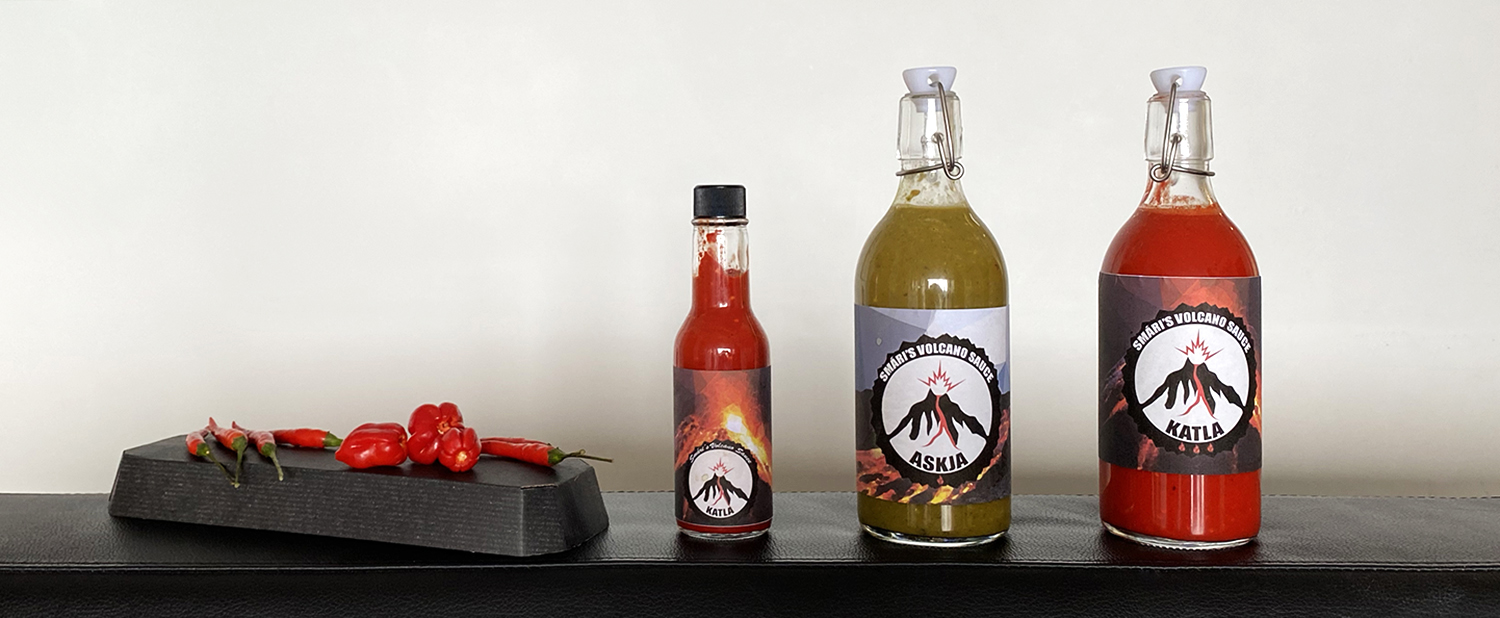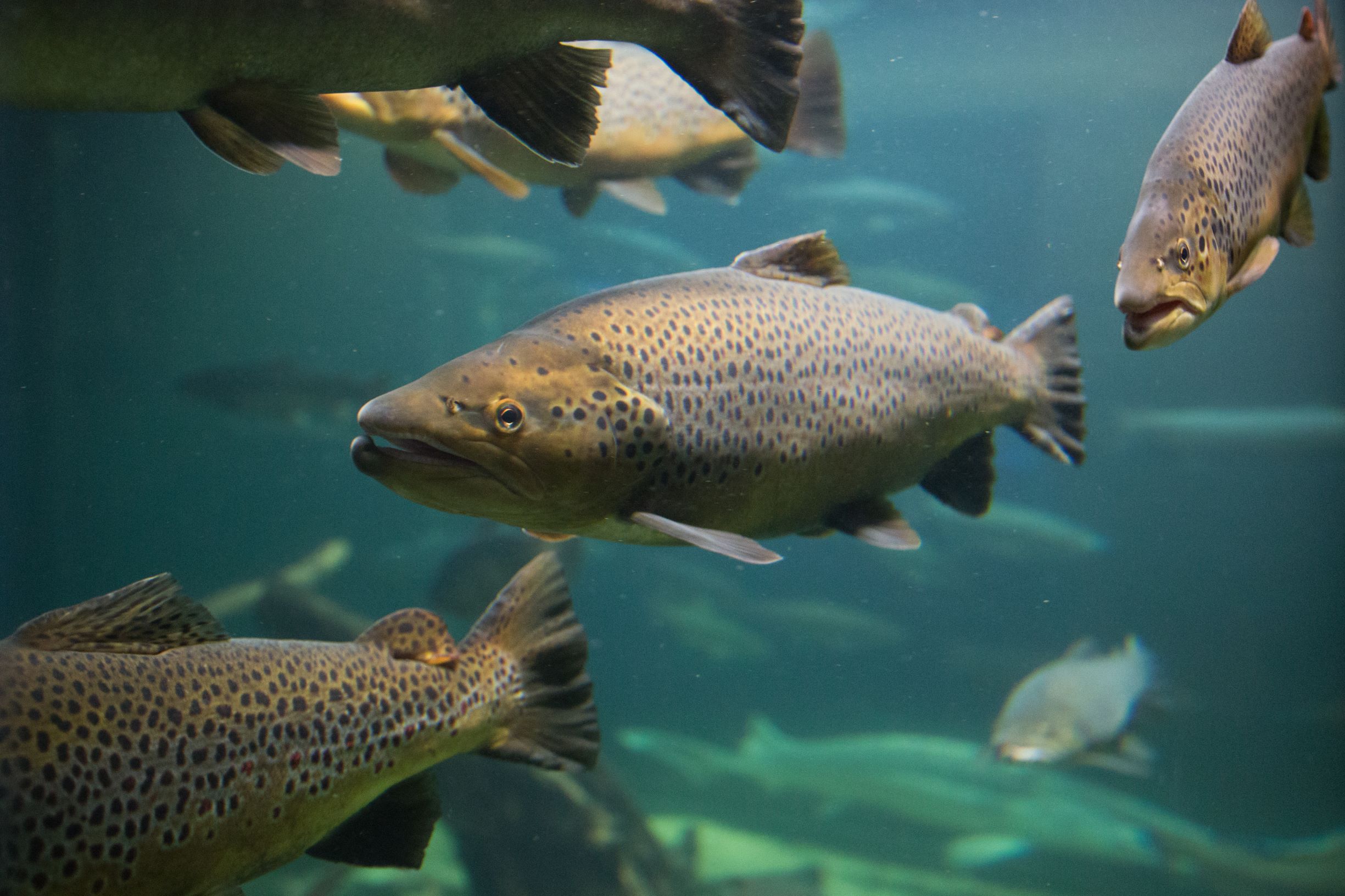Genetic analysis of cattle - the fight against food fraud
Vörusvik í sölu matvæla eru gríðarlegt vandamál um allan heim, en slík viðskipti má flokka til glæpastarfsemi þar sem gróðavonin […]
Genetic analysis of cattle - the fight against food fraud Nánar »




